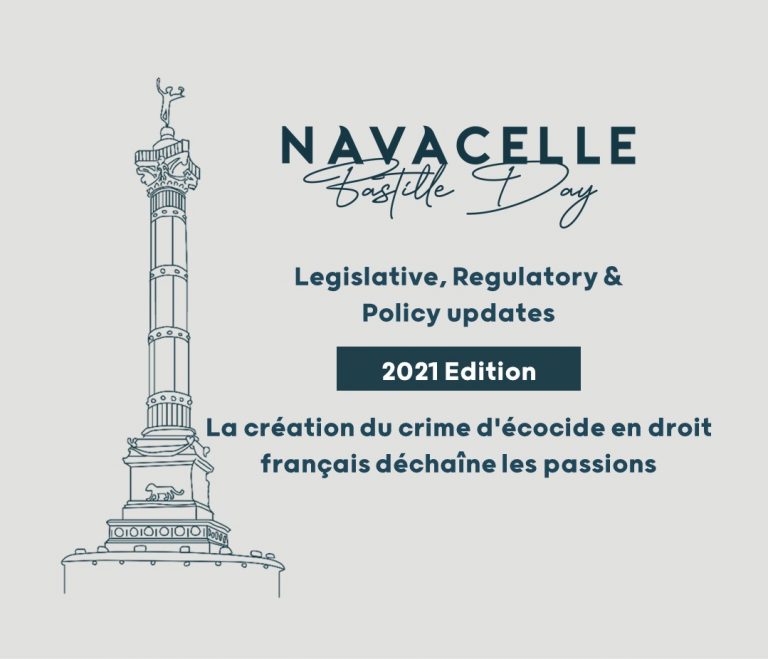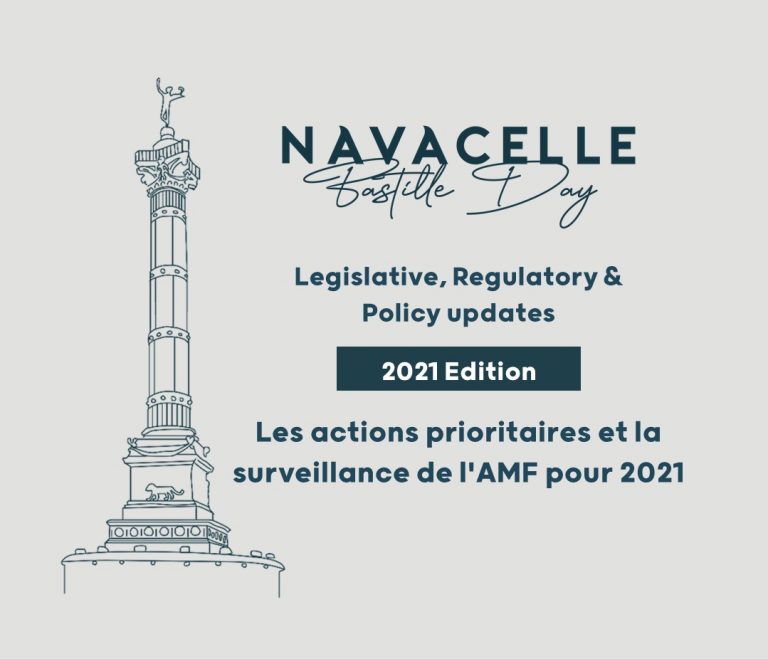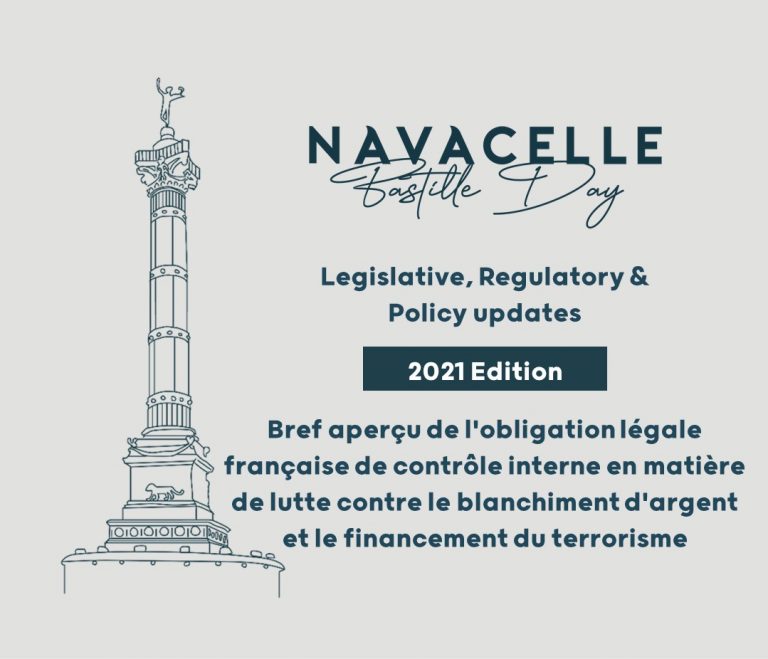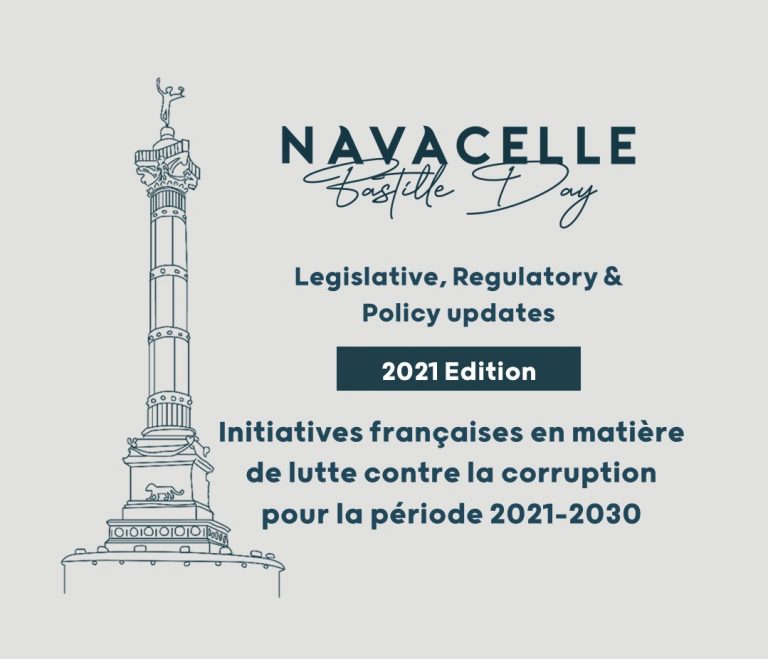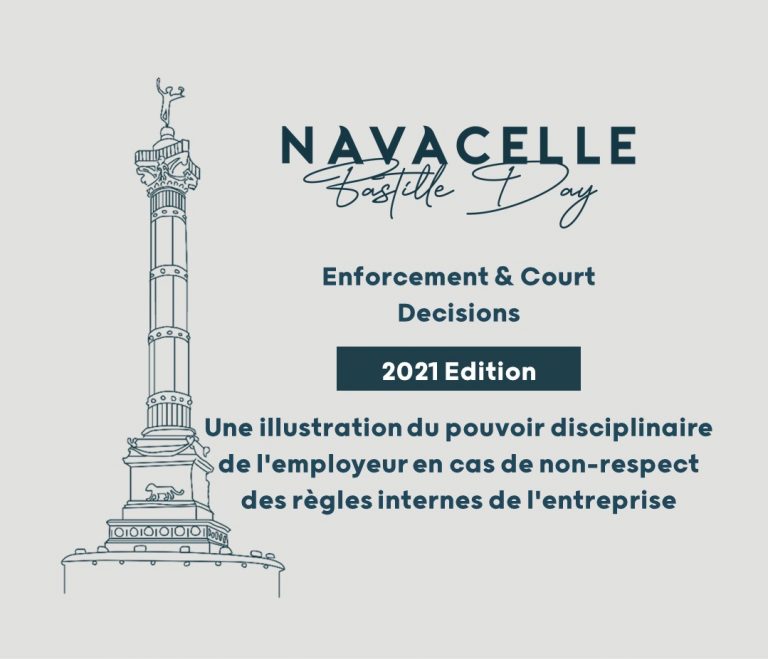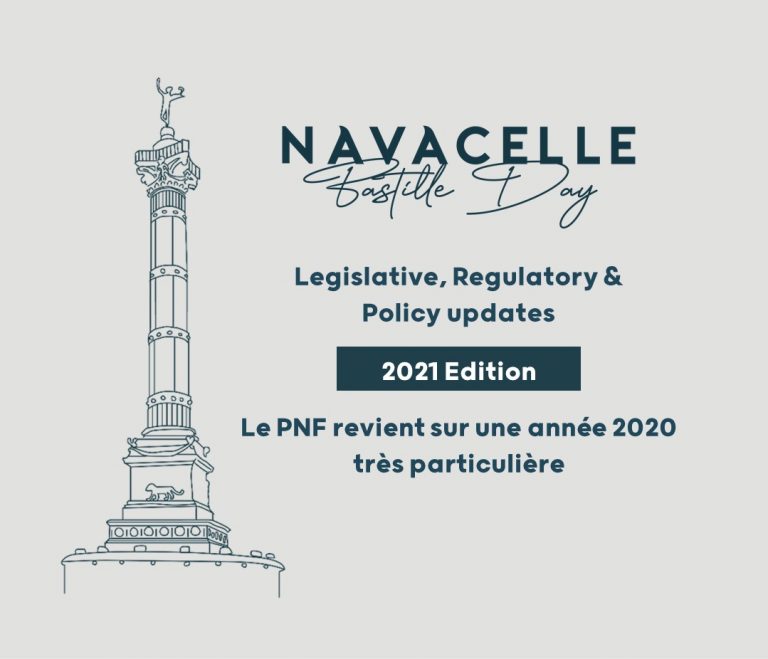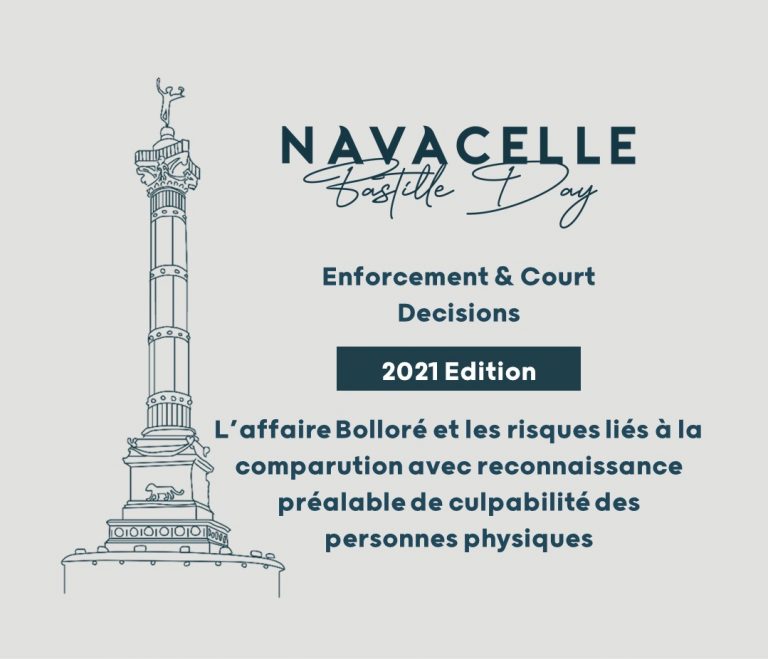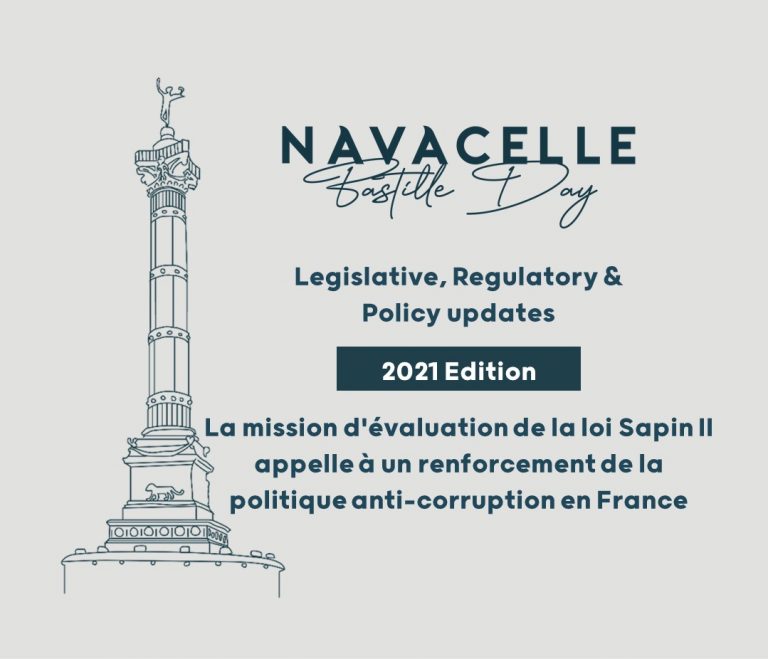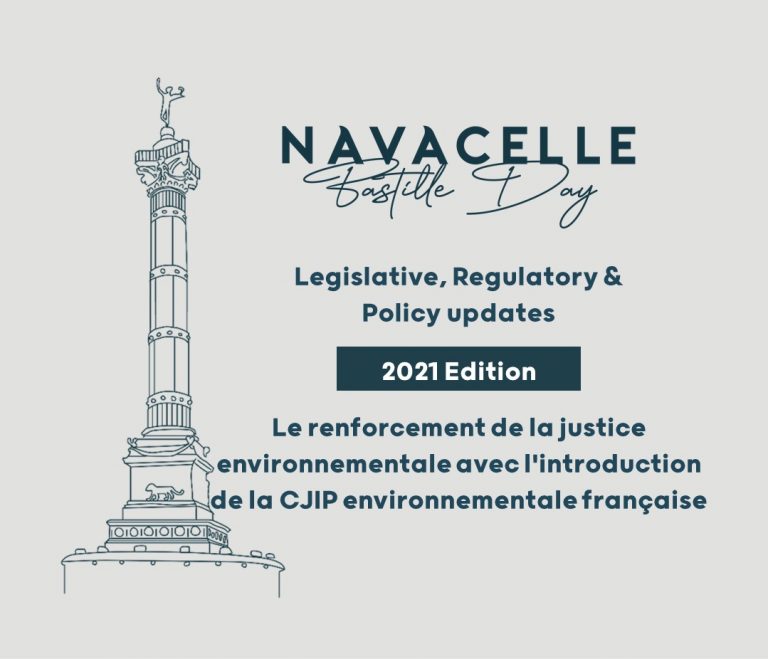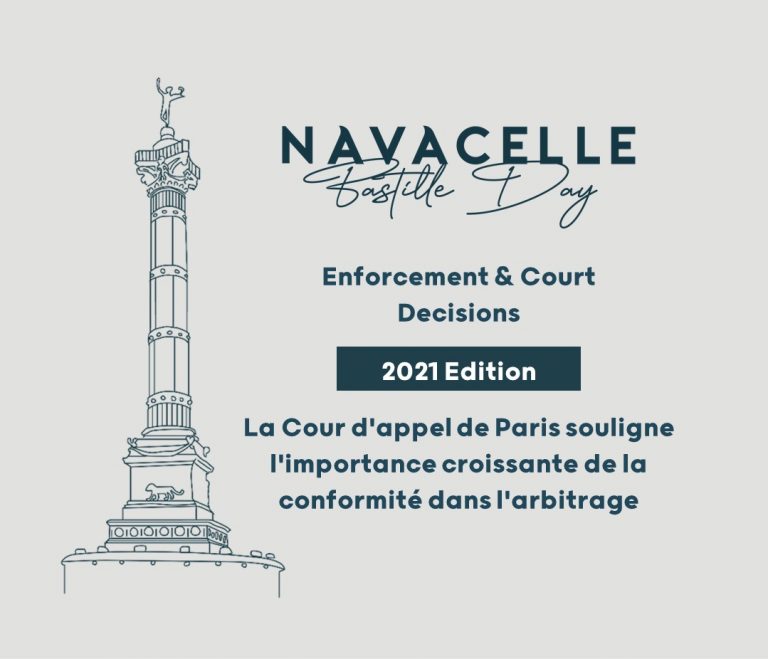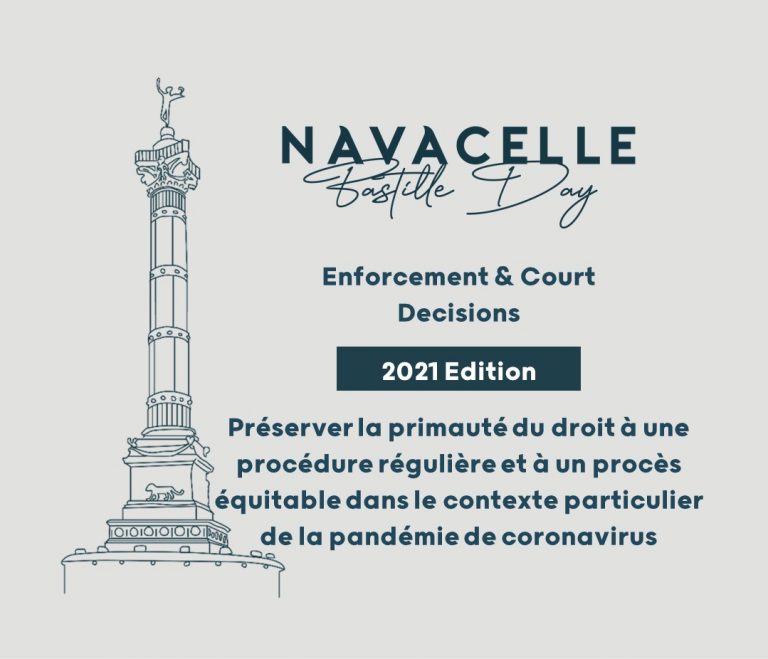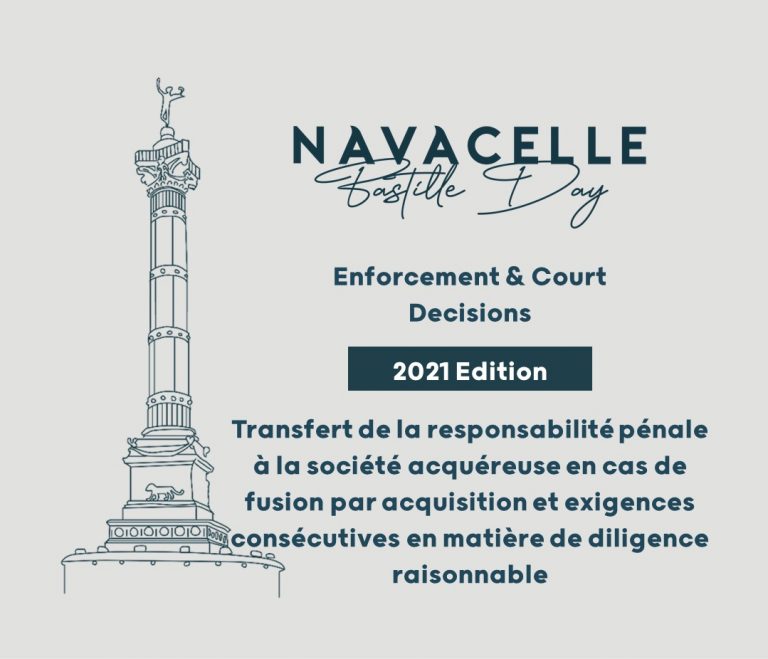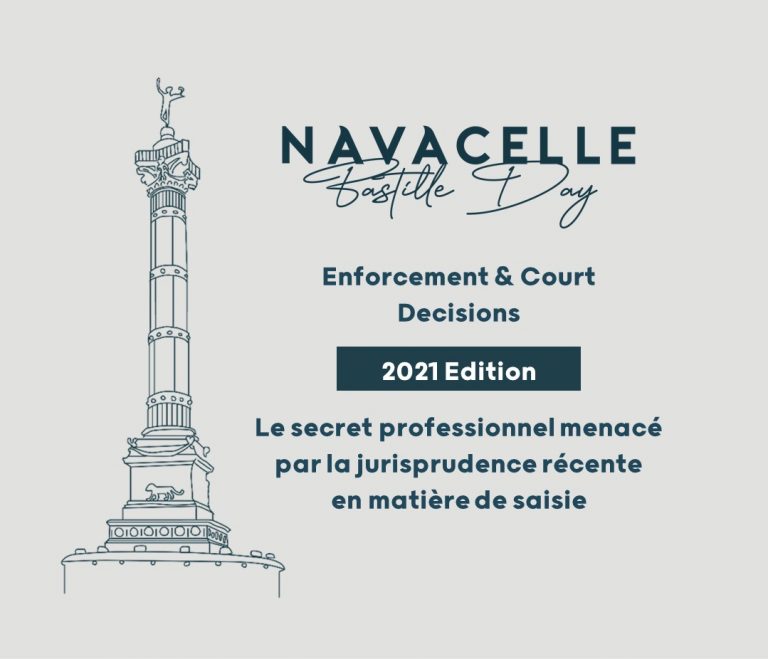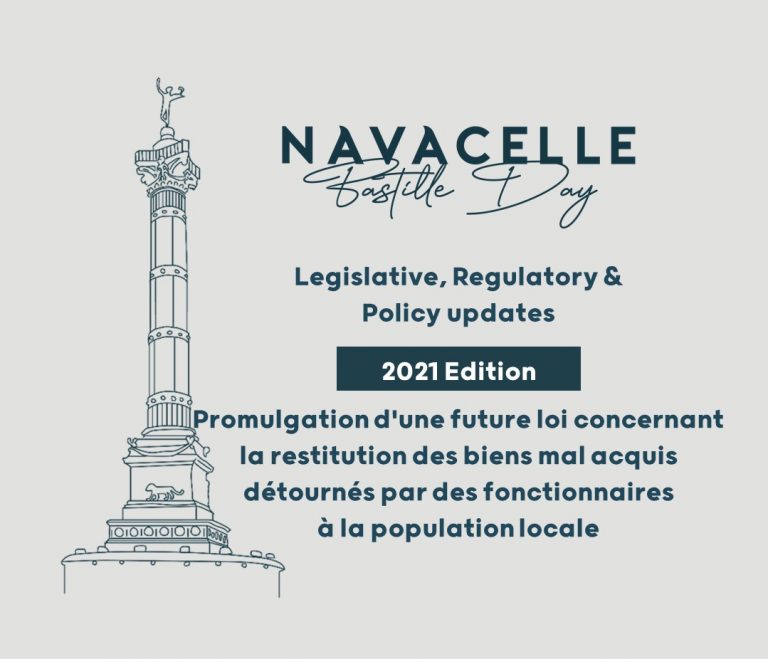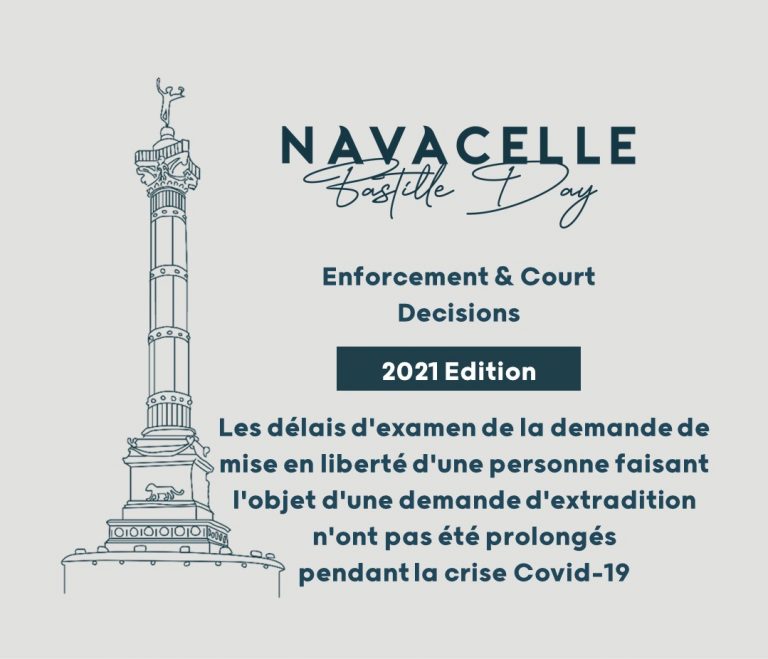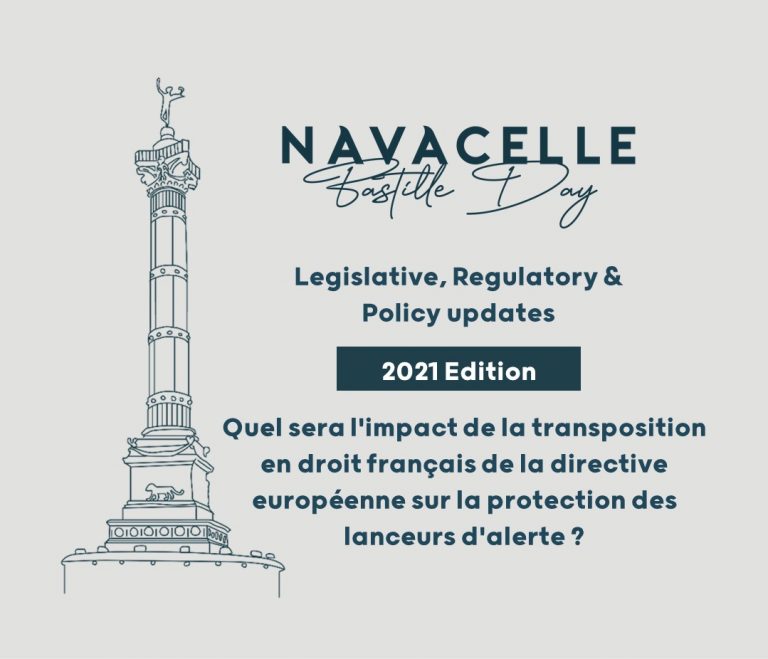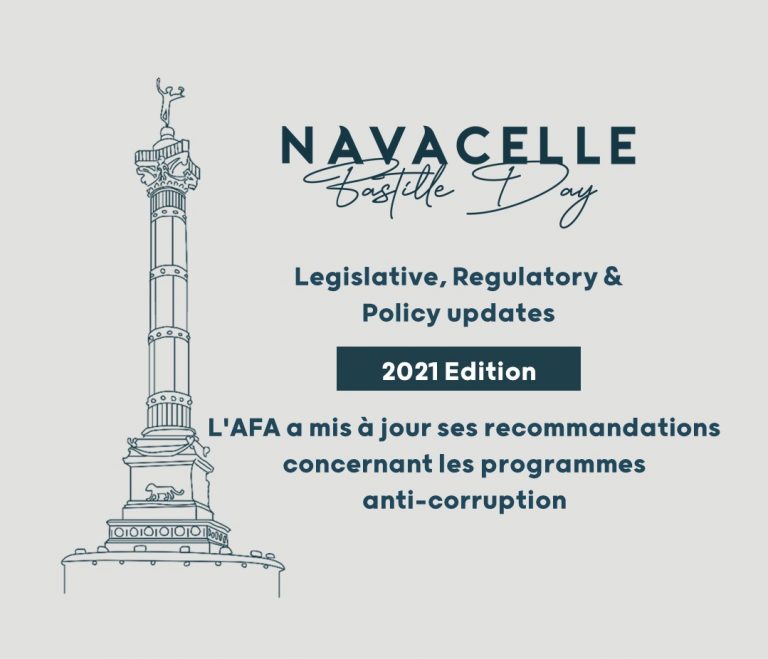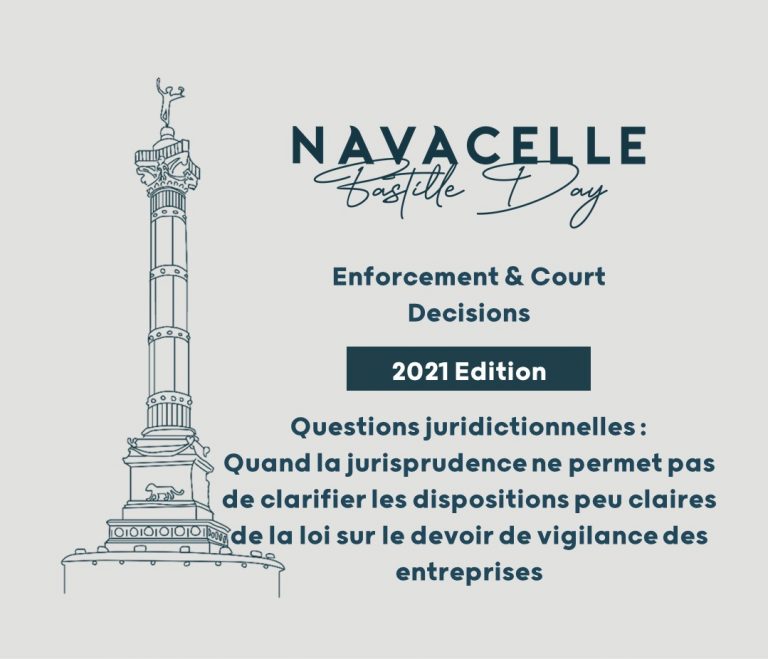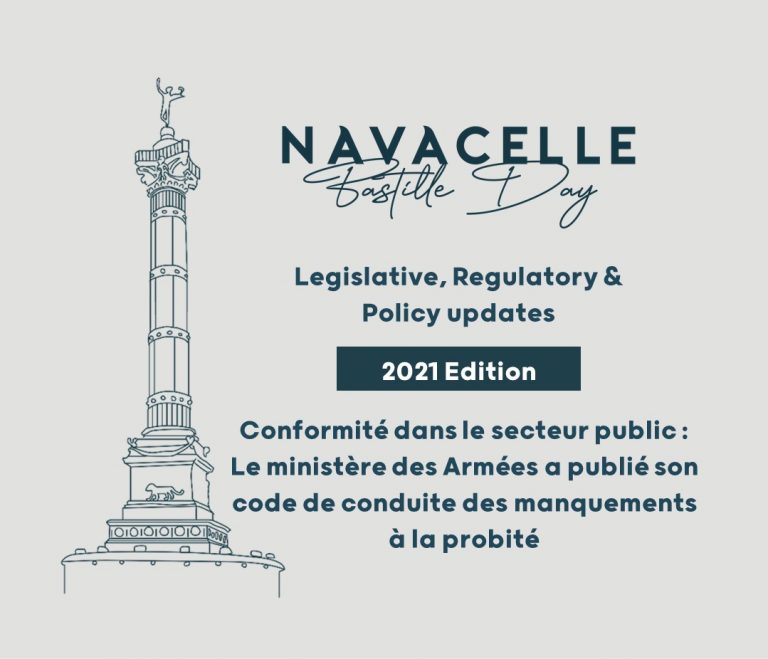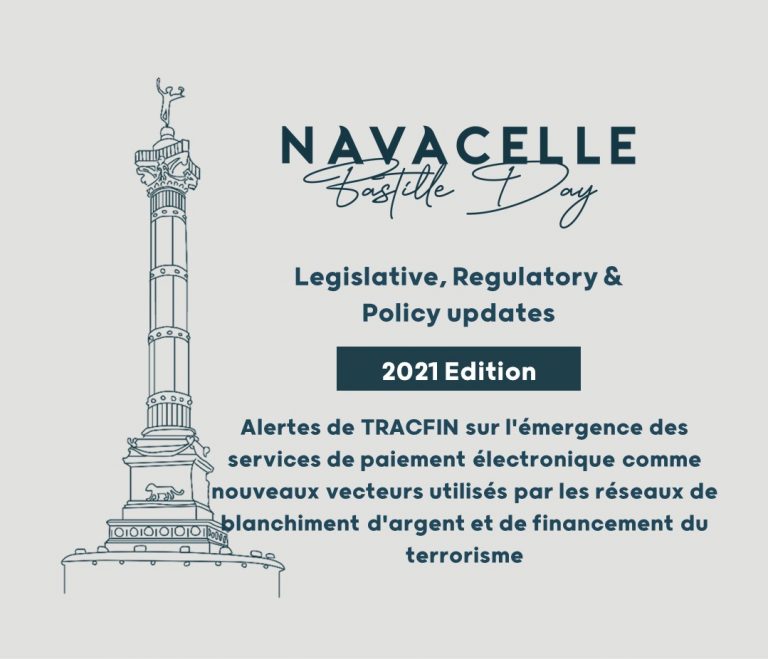Less than two months after he submitted a draft bill for the creation of a French experimental status of in-house attorney (“Avocat en entreprise”)[i], the Minister of Justice ultimately decided not to go through with the project, drawing the consequences of the absence of a consensus on the matter[ii]. In particular, the Conseil National des Barreaux, the national organization representing all French attorneys, opposed the project[iii].
The aim of this project was not only to unify the attorney and in-house lawyer professions, but also to modernize French legal practice to make it equivalent to that of other major democracies in terms of protection of the legal privilege[iv].
The project essentially pertained to the introduction, within the jurisdiction of several regional bar associations and for a 5-year experimentation period of in-house attorneys who would have been employed by a company and would have devoted their work to that company only[v]. However, such in-house attorneys would have been able to exercise the “conscience clause”, relieving them of a task which they consider contrary to their conscience or independence[vi].
The rights and protections attached to the traditional status of attorneys, in particular the fact that the attorneys’ correspondence with their colleagues or clients is privileged[vii], would have been extended to these in-house lawyers.
With the proposed in-house attorney status, legal advice and consultations drafted by an in-house attorney, exclusively intended for the management body of the company that employs him or her, would have been privileged if they were explicitly marked “confidential”[viii]. This prevents judicial and administrative authorities from freely seizing such documents without first asking for the permission of the judge and means that these documents could not have been communicated outside the company. In case of a search within the company’s premises concerning documents likely to contain privileged material, it would have been mandatory to involve the in-house attorney, along with the company’s legal representative, and to give him or her the opportunity to challenge the search and/or the seizure. The seized documents would then have been placed under seal and transmitted to the judge (“juge des libertés et de la détention”) in order for him or her to rule on the challenge[ix].
The French legal world is nevertheless seriously divided on that topic[x]. Some attorneys fear that if the reform is introduced, French companies will not retain their services anymore, while investigating authorities fear that it could paralyze their investigations[xi].
To the contrary, Raphael Gauvin, former attorney and now member of the Law Commission of the French National Assembly, believes that the reform would benefit everyone. He argues that in-house attorneys will always call upon their colleagues working in traditional law firms to give them work. According to him, the proposed reform is only about providing French companies with the same level of protection enjoyed by their main competitors abroad who manage to protect their privileged legal documents without preventing the gathering of evidence or the success of criminal investigations in any way[xii].
To this day France, unlike many other countries, does not protect to confidentiality of companies’ in-house legal documents. As a result, such companies turn out to be particularly vulnerable in both civil and criminal extraterritorial proceedings. Some believe that this situation creates a risk that major French companies decide to relocate their legal departments in countries where in-house legal material is privileged, which could put the existence of thousands of jobs in danger[xiii].
It should be noted that this project has regularly resurfaced over the past twenty years. In 2015, the current French President Emmanuel Macron who was, at the time, head of the Ministry of Economy, had already tried to get the “Macron Law” to open up the legal profession to in-house attorneys, in vain. Both large companies and corporate lawyers are still calling for such a reform[xiv].
Given the frequent reappearance of this reform proposal, and since several of our European neighbors have already implemented it, it is likely that the abandonment of the reform by the Minister of Justice does not mark its complete disappearance.

